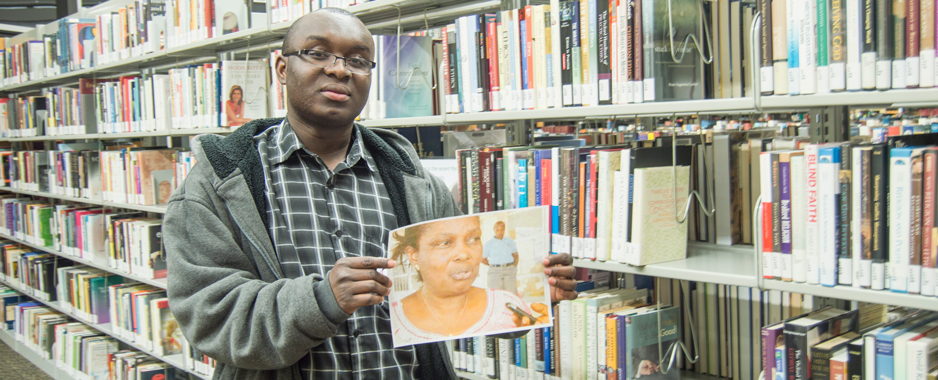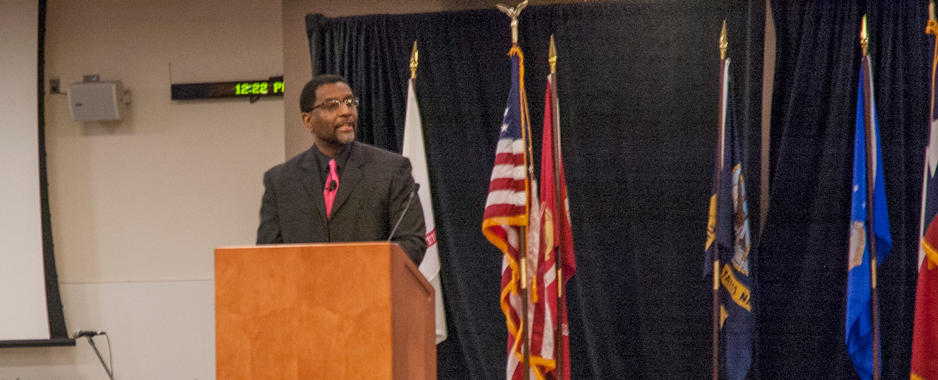By Hope Sandusky/reporter
Defense mechanisms are barriers we use to reduce anxiety and pain from life, said NW counselor James Sherwood Nov. 11.
“Defense mechanisms are used commonly,” he said. “The key is acknowledging and dealing with feelings by finding a way to admitting and expressing them without damaging others or yourself.”
The workshop began with a PowerPoint presentation over identified defense mechanisms and the issues they can cause.
“Defense mechanisms are our way to get over painful memories of childhood and other events,” he said. “Whether we do it consciously or unconsciously, the memories are still present and by not dealing with the issues, we can harm ourselves and others.”
Sherwood discussed different defense mechanisms and the different levels of dangers they can present, showing examples of what using that defense mechanism might look like. Some defense mechanisms, such as repression and denial, are a Level I, which is the most serious as they cause people to split from reality.
“Repression could be considered the father of all defense mechanisms as it is present to some degree in all defense mechanisms,” he said.
Other defense mechanisms are less serious, such as rationalization and repression, which are considered Level III. Level IVs can be beneficial, such as patience, humor and acceptance.
“Level IV defense mechanisms can be helpful,” he said. “However, like all defense mechanisms, if overused, they can become more serious and harmful to a person.”
After the presentation, Sherman gave audience members a worksheet that listed different groups and clusters and different attributes within the clusters and groups. The individuals picked which group and cluster they most identified with. Sherman then discussed the various defense mechanisms that would most likely be used by people within those groups and clusters.
“My goal is to enlighten people in some way over the topic of defense mechanisms,” he said. “I hope by exposing yourself to them somewhat, you can read and learn about them and be able to handle the use of them in a more beneficial way.”


























